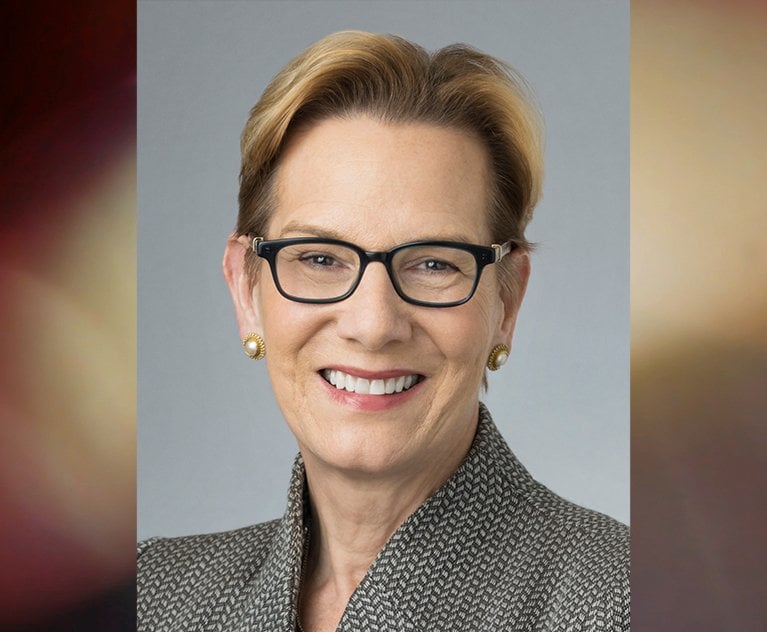Now that cellphones and laptops are routinely seized and scrutinized in just about every white collar case, we can assume that the authorities will also have frequent access to private communications between the subject of an investigation and his or her spouse. As the recent prosecutions of numerous high profile Hollywood parents in the “Varsity Blues” college admissions case vividly demonstrate, such discussions can themselves pose enormous risk, let alone raise concerns about invasion of domestic privacy. In light of these developments, defense practitioners should re-acquaint themselves with the basic parameters of the marital communications privilege.
The Basic Elements of the Privilege
The marital communications privilege, which first appeared in American law in the 1850s, seeks to encourage free and unrestricted communication between spouses and thereby strengthen the bonds of the marital relationship. It is much narrower than the adverse spousal testimonial privilege, as it only seeks to protect intimate conversations.


 Evan T. Barr
Evan T. Barr




